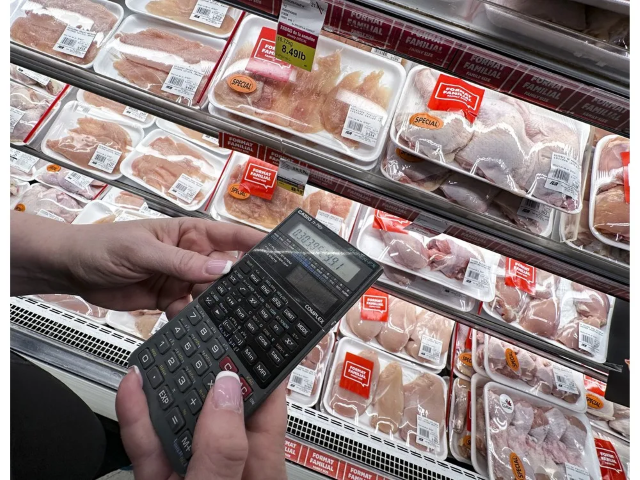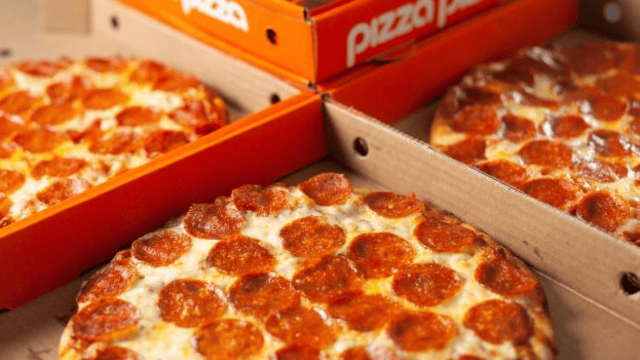
Photo from Toronto Sun
The development of a Canadian grocery code of conduct has encountered obstacles as two major retailers decline to endorse it, citing concerns over potential price hikes. The code aims to establish fair negotiating rules between retailers and suppliers, promoting equity in the grocery industry.
Despite hopes for consensus, nearly 70% of the 1,300 members of the International Association of Machinists and Aerospace Workers at the Airbus assembly plant in Mirabel, Quebec, voted against the proposed contract for the third time. While negotiations initially appeared promising, this rejection reflects underlying dissatisfaction.
This rejection follows an earlier setback when workers at the same plant overwhelmingly opposed a second offer from the company, signaling readiness for strike action.
The proposed five-year contract included an initial eight percent wage increase in the first year, followed by annual increments of three to four percent. However, the company's refusal to sign reflects concerns about potential price hikes, with critics arguing that such increases could exacerbate consumer burdens.
This dispute underscores broader issues in the grocery industry, where fair dealing in negotiations between retailers and suppliers is crucial for fostering a balanced playing field. While proponents argue that similar codes in the United Kingdom and Australia have had positive impacts, skepticism persists about the potential consequences for Canadian consumers.
As political discourse intertwines with concerns about rising food prices, the grocery code has become a focal point for debate. While some politicians view it as a potential solution to mitigate food price inflation, others caution against unrealistic expectations.
Michael von Massow, a food economy expert at the University of Guelph, suggests that the Canadian grocery code may not necessarily lead to lower prices. Instead, he anticipates that it could exert upward pressure on prices, particularly affecting large grocery chains' profit margins rather than significantly burdening consumers.
However, proponents argue that the code's primary objective is not affordability but rather stability for suppliers and manufacturers. Michael Graydon, CEO of Food, Health & Consumer Products of Canada, believes that implementing the code could contribute to stabilizing prices, drawing parallels with countries where similar codes have been successful.
In the United Kingdom, a mandatory grocery code has been in place for over a decade, designed to prevent retailers from transferring excessive risk and costs to suppliers. Although it does not directly regulate retail or supplier prices, the code has had positive effects on fostering fair negotiation practices.
Similarly, Australia introduced a voluntary grocery code in 2015, prompted by concerns about retailers' treatment of suppliers. While the code is voluntary, signatories are legally bound by its terms, leading to improved negotiation practices.
Comparing food inflation data from Canada, the United Kingdom, and Australia reveals mixed results. While the introduction of grocery codes coincided with some stabilization in food inflation rates, attributing these changes solely to the codes proves challenging.
In conclusion, the development of a grocery code in Canada faces challenges as major retailers express reluctance to sign. While proponents highlight potential benefits based on experiences in other countries, concerns persist about the code's impact on consumer prices. As discussions continue, finding a balance between regulatory measures and industry interests remains a key challenge.















